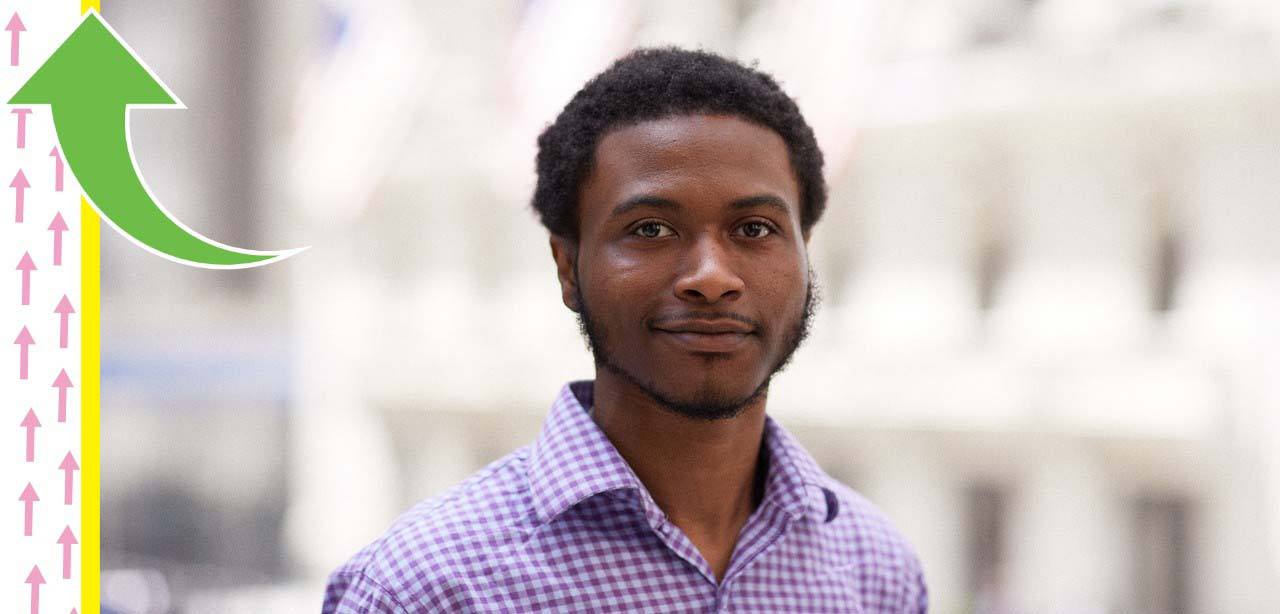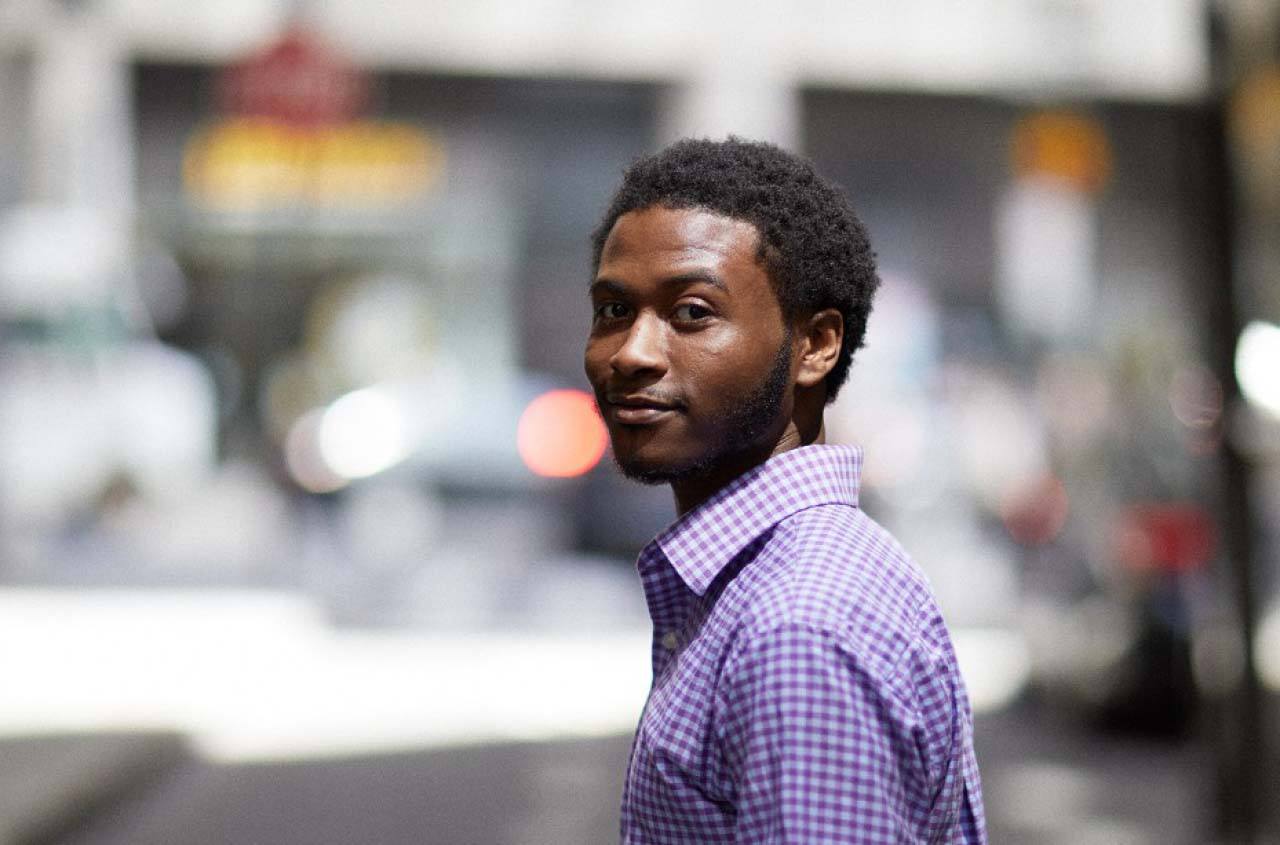
Economics plays a part in daily life, whether you are deciding to buy a new pair of shoes or planning your next vacation. And because economics is so embedded in our lives, many students are exposed to its intricacies while still in high school. This was not the case for Kleinz Samuels. Kleinz grew up in Paterson, New Jersey, where the only economics lessons he received were in his US history class. Nonetheless, Kleinz’s interest was sparked. Two years later, when it came time to declare a major at NYU, Kleinz chose Economics, only to realize that he was seriously behind his classmates. “There were people in my program who had been living the stock market all through high school,” Kleinz says. “I was behind the curve.”
However, in the long run, having to play catch-up proved beneficial for Kleinz, because it served as the inspiration for his nonprofit, the Financial Empowerment Foundation (FEF). “With the Foundation, I wanted to make it possible for students like me, who hadn’t been taught anything about economics in high school, to know about the different facets of the field.”
Kleinz developed a pilot program as proof of concept for the FEF and took it for a spin at an elementary school in Brooklyn. “It went really well,” Kleinz says. “We gave the kids pre and post assessments, and we saw incredible improvement as far as their understanding of money management.”
Investigate as many different avenues as you can and figure out what you don’t like. That’s the only way to find out what you’re truly meant to do.

With tangible results he could tally, Kleinz’s next step was to put together a board of directors. “I had to think strategically about what I would bring to the nonprofit and what I would need help with,” he says. A big plus was an NYU Wagner course, the Business of Nonprofit Management. Taught by Samra Brouk, the director of business development at DoSomething.org, this course steered Kleinz in the right direction. “Professor Brouk has been great at helping me look for professionals who can add a different sort of value to the organization,” he says. “Structurally, she’s helping me get my house in order.”
Now that Kleinz has found his direction, he offers this advice to prospective students: “Do the work in high school of figuring out the things you’re interested in. Also, know that it’s OK to have changing interests and passions. You don’t have to know what you want to do for the rest of your life when you first get to college. Investigate as many different avenues as you can and figure out what you don’t like. That’s the only way to find out what you’re truly meant to do.”